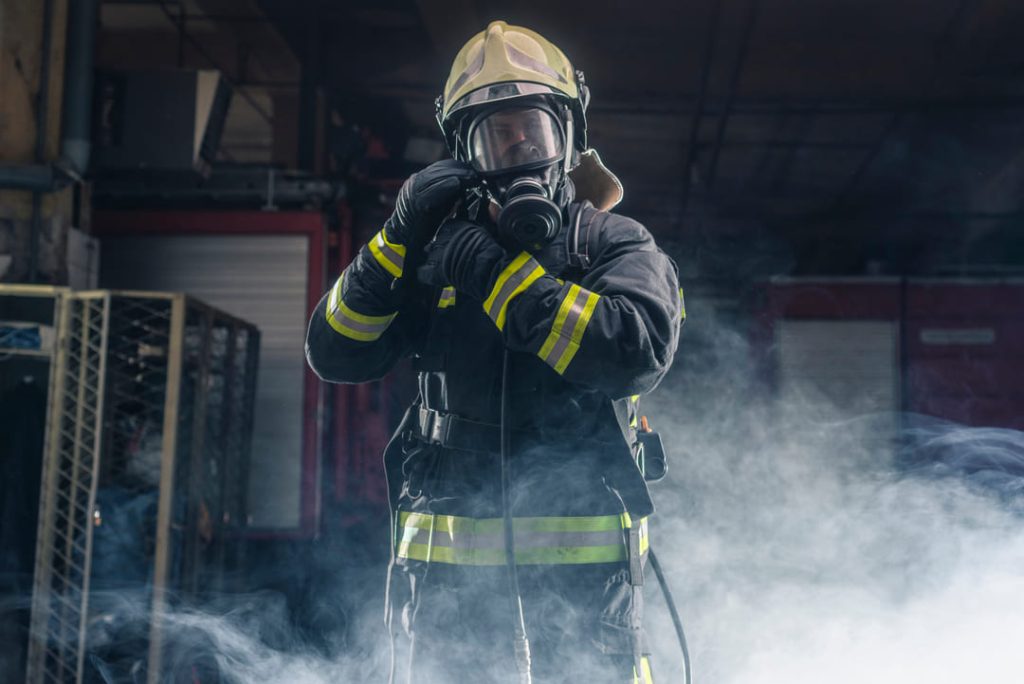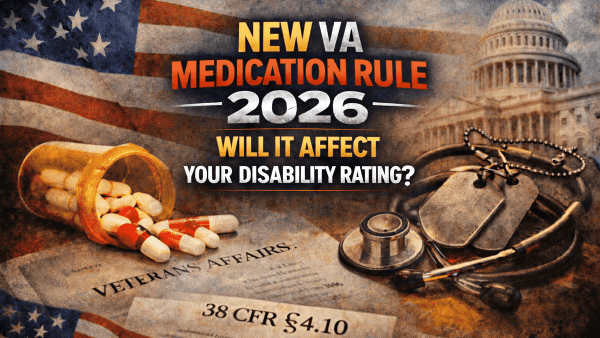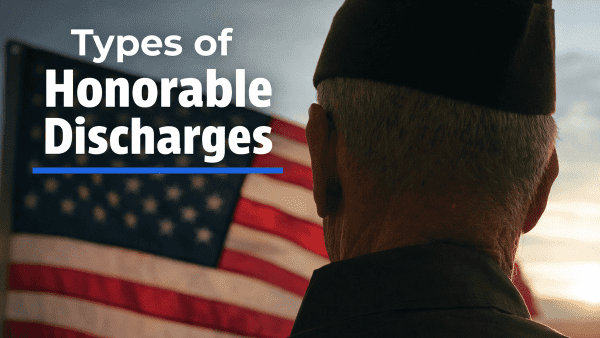Looking for Expert-Level VA Claim Answers?📱Call Us Now! 737-295-2226
If you were exposed to Aqueous Film-Forming Foam (AFFF) or other PFAS chemicals during your military service (especially while firefighting), you may now face serious health conditions linked to that exposure. From cancer to respiratory disorders, the consequences are real.
In this guide, we’ll explain how to file a VA claim for AFFF exposure, what medical evidence you need, and how new legislation may affect your eligibility for disability compensation.
Table of Contents
Summary of Key Points
-
The highly toxic Aqueous Film-Forming Foam (AFFF) has been linked to various forms of cancer and other health problems.
-
If you suffer from a VA-ratable condition due to your exposure to AFFF, you could qualify for VA disability benefits and compensation.
-
The Veterans Exposed to Toxic PFAS Act is a legislative initiative focused on addressing the impact of PFAS exposure on veterans’ health.

VA Claims for Exposure to AFFF
AFFF, widely used in firefighting and emergency response, contains per- and polyfluoroalkyl substances (PFAS), known for their potential health risks.
Veterans exposed to AFFF during their military service may face adverse health effects, ranging from respiratory issues to skin conditions.
Recognizing the impact of AFFF is the first step in understanding the necessity of VA claims for exposure to AFFF.
Can You Get VA Compensation for AFFF Exposure?
Yes, any veteran who can establish a connection between exposure to this chemical and diagnosed conditions may file a claim seeking compensation for service-related health issues.
VA compensation for exposure to AFFF isn’t restricted solely to military firefighters but is open to any veteran whose diagnosed conditions can be linked to their exposure to these chemicals during active duty.

Proving Service Connection
When seeking VA benefits for AFFF exposure, you are seeking service connection for your condition that was caused by your AFFF exposure.
To establish service connection, you need the following:
- A current medical diagnosis (e.g., a medical diagnosis of a VA-ratable condition, such as Psoriasis or cancer)
- An in-service event or injury (e.g., when you were exposed to AFFF)
- A medical nexus (or link) between 1 and 2 via competent medical evidence. This can be a doctor’s statement from a C&P exam, a VA Nexus Letter, etc., that provides this link.
VA Disability Ratings and Compensation
Exposure to AFFF often leads veterans to battle severe diseases, such as cancer, hindering their ability to carry out daily tasks.
As a result, many rely on the aid of a family member for routine activities.
Former military firefighters, for instance, who endure such disabling illnesses may qualify for VA disability compensation.
Additionally, if the disease is linked to their service, they might receive cost-free healthcare.
The VA assesses their disability percentage between 10% and 100%, determining the compensation amount accordingly.
The VA offers varying payouts based on disability ratings for veterans impacted by AFFF exposure.
VA monthly compensations fluctuate based on factors like the veteran’s familial responsibilities and whether they support dependents.
See the official VA Disability Pay Chart HERE.
AFFF Exposure VA Disability Legislation
Veterans encounter obstacles in securing rightful AFF exposure disability compensation, primarily due to the VA’s reluctance to recognize the correlation between AFFF exposure during active duty and resulting diseases.
The Michael Lecik Military Firefighters Protection Act, introduced by Representative Abigail Spanberger in 2020, aims to establish presumptions of service connection for firefighting-related illnesses.
The legislation stemmed from the tragic passing of Michael Lecik, a former U.S. Air Force firefighter diagnosed with multiple myeloma in 2019, attributed to frequent AFFF exposure.
Despite his claim for VA disability compensation, it was denied, and he passed away in 2021.
Scientific evidence confirms that exposure to PFAS chemicals in AFFF significantly heightens the risk of multiple myeloma. Moreover, firefighters confront additional risks from benzene and asbestos exposure, exacerbating the threat of multiple myeloma.
Navigating PFAS VA Disability: Understanding Compensation and Health Implications
Navigating PFAS VA Disability involves comprehending both the potential compensation avenues and the profound health implications for veterans.
Per- and polyfluoroalkyl substances PFAS, prevalent in substances like Aqueous Film-Forming Foam (AFFF), have been linked to serious health issues.
Veterans exposed to PFAS during their military service may experience conditions such as liver damage, immune system dysfunction, and certain cancers.
It’s not only about seeking compensation but also about securing the necessary medical care and acknowledgment of the unique challenges posed by PFAS exposure.
Veterans aiming for PFAS-related VA disability benefits should also explore the option of claiming on their own.
Veterans can independently navigate the process by educating themselves thoroughly. Understanding the intricacies of the claim process is key to increasing the chances of a successful outcome.
Can I Get VA Disability for PFAS Exposure?
Yes, veterans who can establish a connection between exposure to this chemical and diagnosed conditions may file a claim seeking compensation for service-related health issues.
The VA will conduct a toxic chemical risk assessment and is in the process of establishing a registry specifically for veterans who have been exposed to these dangerous substances.
Additionally, in recognition of the potential health risks associated with PFAS exposure, Congress has proposed the Veterans Exposed to Toxic PFAS Act.
This legislative initiative aims to ensure that veterans and their families receive compensation for the treatment of PFAS-related diseases. However, establishing the connection between healthcare needs and PFAS exposure at a military base, rather than another source, will be a crucial aspect of the claims process.
Given that PFAS is prevalent in the blood of up to 97% of Americans, proving exposure during military service can be challenging.
Veterans can navigate the complexities of the VA disability claims process and potentially obtain compensation for diseases related to PFAS exposure.
Conclusion
Veterans exposed to AFFF or other PFAS chemicals during military service often face severe health issues—yet the VA claims process can be frustrating and uncertain.
The good news? Legislative efforts like the Veterans Exposed to Toxic PFAS Act are gaining traction, and the VA is increasing awareness of toxic exposure risks. But you don’t have to wait for change to act.
If you believe your health issues are connected to AFFF exposure, gather your service records, secure a medical diagnosis, and talk to a medical professional about a nexus letter.
Veterans: Want to Chat With a VA Claim Expert?
There’s no better time than today!
If you feel stuck, frustrated, or underrated by the VA, talk to our team now.
Book Your NO-OBLIGATION Discovery Call OR Dial Now: (281) 533-6777

- VA Claims Insider is the #1 most trusted name in VA disability claims.
- Work directly with a VA claims coach who can educate you to VA claim victory.
- 25,000+ disabled veterans have served in our membership programs since 2016.
- 30% average rating increase for veterans who complete our #1-rated Elite program.
- 4.7/5.0 average rating out of 5,500+ total reviews; over 4,500 5-star reviews.
FAQs
Can I file a VA claim for exposure to AFFF?
Yes, veterans can file a VA claim for conditions caused by exposure to Aqueous Film-Forming Foam (AFFF). The VA recognizes the potential health risks associated with AFFF exposure and provides a platform for affected veterans to seek compensation for related health issues.
What health issues are linked to AFFF or PFAS exposure?
AFFF and PFAS exposure has been associated with multiple health problems, including certain cancers (like testicular, kidney, and multiple myeloma), immune system dysfunction, reproductive harm, thyroid disease, and liver issues. The VA is actively reviewing toxic exposure claims and working on new registry efforts.
How does the VA disability process work for AFFF VA Claims?
The VA claims process for AFFF exposure involves thorough documentation of AFFF exposure incidents, medical history, a diagnosed condition, and related symptoms. Veterans need to provide a comprehensive overview of the impact on their health to strengthen their VA claims successfully.
Is PFAS exposure considered in VA disability claims?
Yes, conditions caused by PFAS exposure, including exposure from AFFF, are considered in VA disability claims. Veterans should be aware of the relationship between PFAS and various health conditions, as it can have implications for their overall VA disability claim.
Are there laws that help veterans with AFFF-related conditions?
Yes. Two major legislative efforts—the Michael Lecik Military Firefighters Protection Act and the Veterans Exposed to Toxic PFAS Act—seek to make AFFF-related conditions presumptive for VA benefits. While not yet passed, these bills reflect growing awareness and support for affected veterans.
How does the VA evaluate AFFF-related claims?
The VA requires three elements: (1) a current medical diagnosis, (2) evidence of in-service AFFF exposure, and (3) a nexus linking your condition to that exposure. If granted, your compensation depends on the severity of your symptoms and disability rating (from 10% to 100%).
Can I get VA benefits even if I wasn’t a firefighter?
Yes. While AFFF was primarily used in military firefighting, it was also present in training exercises, aircraft hangars, and onboard Navy ships. If you can prove exposure and a medical connection, your job title alone won’t disqualify you.
Author

Eric Webb
Eric has written and worked in the field of Veterans Disability since 2020 and enjoys writing educational content for the veteran population. His prior work has been published in the Official Journal of the American College of Sports Medicine (ACSM). He holds a Degree in Health and Exercise Science.



